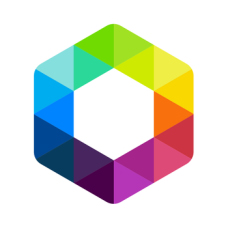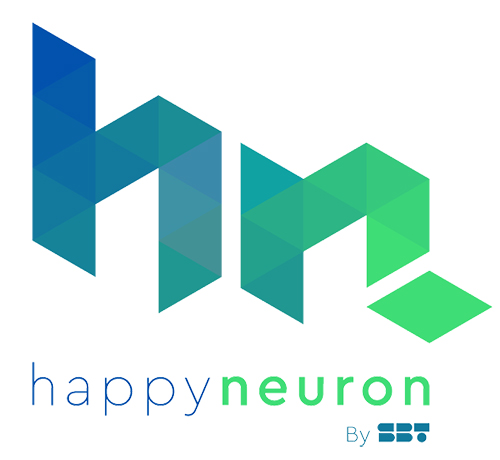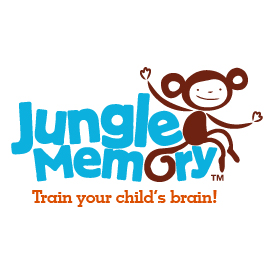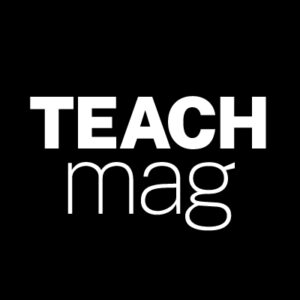Originally published in TEACH Magazine, September/October 2017 Issue
As students grapple with post-summer holiday brain drain, getting back into study mode can be a struggle, especially when they are expected to remember much of what they learned last year. To get those memory wheels turning again, here are some apps that can help.

Brainscape
(Free – iOS, Android, Website)
Brainscape adopts a flashcard approach to help users learn specific subject matter. The unique aspect of this app, however, is that users rate their difficulty of recall on a scale of 1–5 after viewing the correct answer for each flashcard. Cards with “harder” concepts are repeated more frequently until the user reports a higher confidence. Students can learn from a wide range of subjects, from languages to science to music theory and more. Teachers and students can even create and share their own flashcards, or use flashcards made by other educators.

Fit Brains Trainer
(Free – iOS, Android)
This award-winning brain trainer serves up multiple exercises to stimulate recognition, visual memory, and three different forms of recall. There are classic games like Guess Who? and Block Breaker and Mahjong Match, along with others such as Clock Recall (look at clocks and recall each time shown), Circle Count (remember circles in their order), and Spot the Difference (memorize the board, and find any items that change).

HAPPYneuron Brain Training
(Free – iOS, Android, Website)
Created by cognitive psychologists, the HAPPYneuron website offers a variety of interactive games designed to improve working memory, short-term memory, and long-term memory. There are activities where players can attempt to retrace their on-screen route through great cities across the world, reconstitute the configuration of objects, memorize a long list in 60 seconds, or match animal sounds with the right photo. Players are provided feedback on their cognitive performance as the results are analyzed at the end of each game.

Jungle Memory
(Free – Website)
Intended for ages 7–16, Jungle Memory is a game-based website that specifically targets working memory efficiency. It’s scientifically proven to boost learning outcomes, including students with a wide range of learning difficulties such as Dyslexia and ASD. The games all have a fun safari theme with three categories to choose from: CodeBreaker, a game that will challenge spatial skills; Quicksand, a mental processing activity with letters and words; and River Crossing, which aims to improve working memory with math. Bonus features include a 10-part video series and training booklets on working memory.
TEACH is the largest national education publication in Canada. We support good teachers and teaching and believe in innovation in education.


